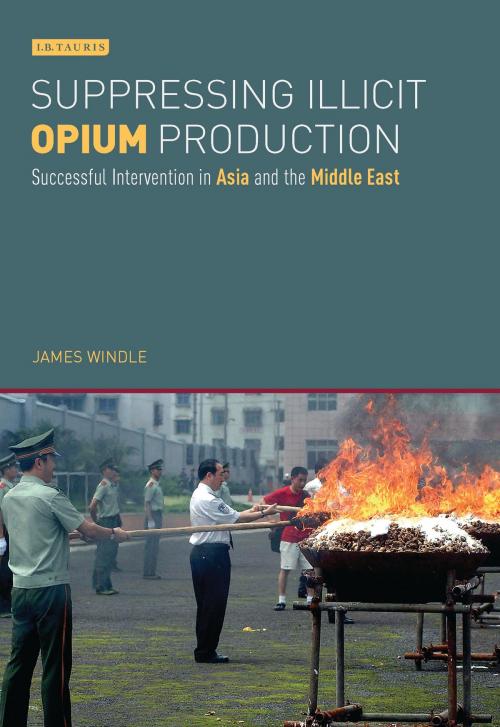Suppressing Illicit Opium Production
Successful Intervention in Asia and the Middle East
Nonfiction, Social & Cultural Studies, Political Science, Social Science, Business & Finance| Author: | James Windle | ISBN: | 9780857729569 |
| Publisher: | Bloomsbury Publishing | Publication: | February 3, 2016 |
| Imprint: | I.B. Tauris | Language: | English |
| Author: | James Windle |
| ISBN: | 9780857729569 |
| Publisher: | Bloomsbury Publishing |
| Publication: | February 3, 2016 |
| Imprint: | I.B. Tauris |
| Language: | English |
Conventional analysis of the illicit opium market suggests that source country interventions have at best achieved minimal results. Yet there do exist countries that have eliminated, or significantly reduced, the illicit production of opium from their territory. Drawing on a wide range of academic, official and non-governmental sources, including previously unidentified records, James Windle provides detailed narratives of countries that have achieved national success, including China, Iran, Turkey, Thailand, Pakistan, Vietnam and Laos, and identifies key factors necessary for successful intervention. Suppressing Illicit Opium Production makes a valuable contribution to our scarce knowledge of source country drug policy and draws out important lessons to be learned for improving the effectiveness of future interventions. It will be essential reference for all practitioners, policy makers and academics concerned with a subject of significant contemporary relevance
Conventional analysis of the illicit opium market suggests that source country interventions have at best achieved minimal results. Yet there do exist countries that have eliminated, or significantly reduced, the illicit production of opium from their territory. Drawing on a wide range of academic, official and non-governmental sources, including previously unidentified records, James Windle provides detailed narratives of countries that have achieved national success, including China, Iran, Turkey, Thailand, Pakistan, Vietnam and Laos, and identifies key factors necessary for successful intervention. Suppressing Illicit Opium Production makes a valuable contribution to our scarce knowledge of source country drug policy and draws out important lessons to be learned for improving the effectiveness of future interventions. It will be essential reference for all practitioners, policy makers and academics concerned with a subject of significant contemporary relevance















